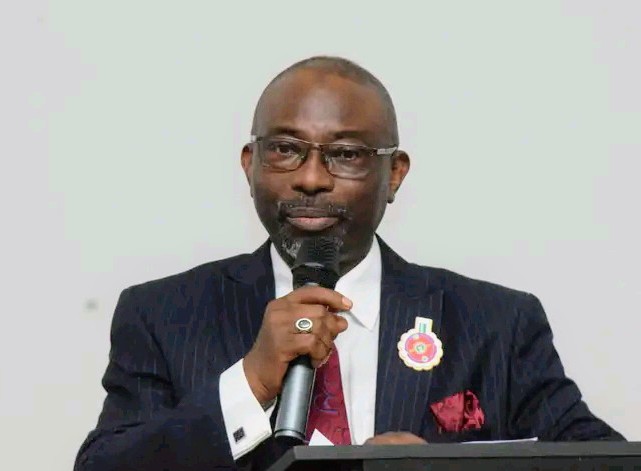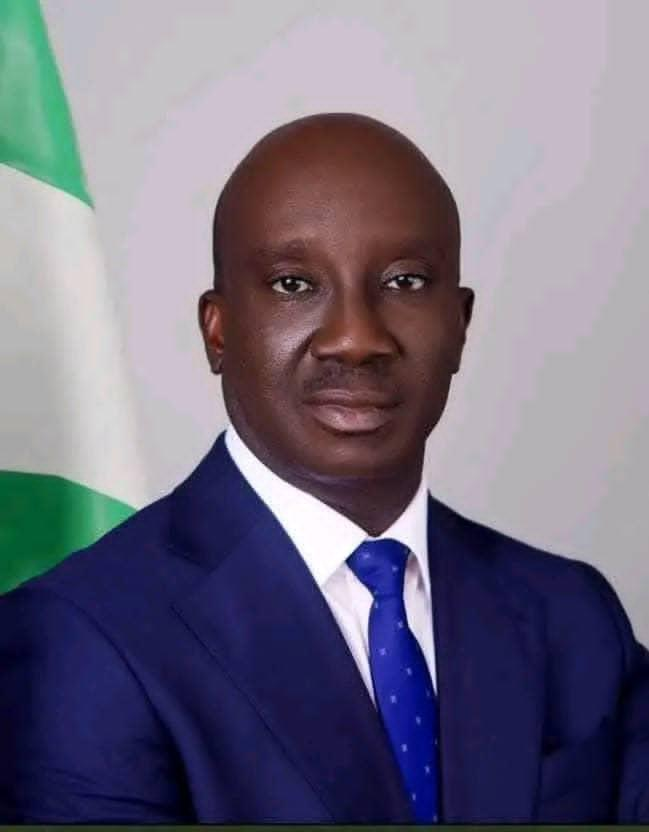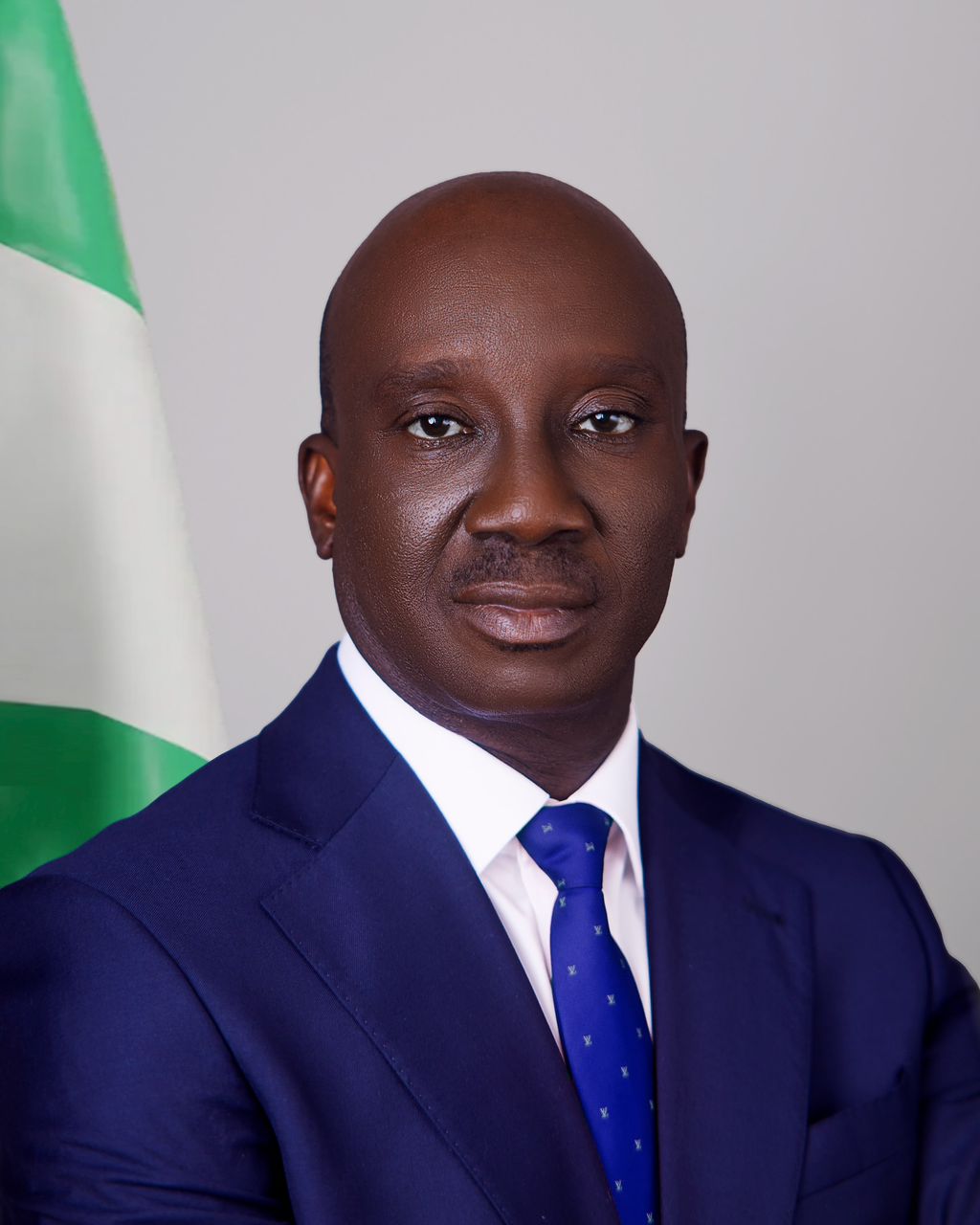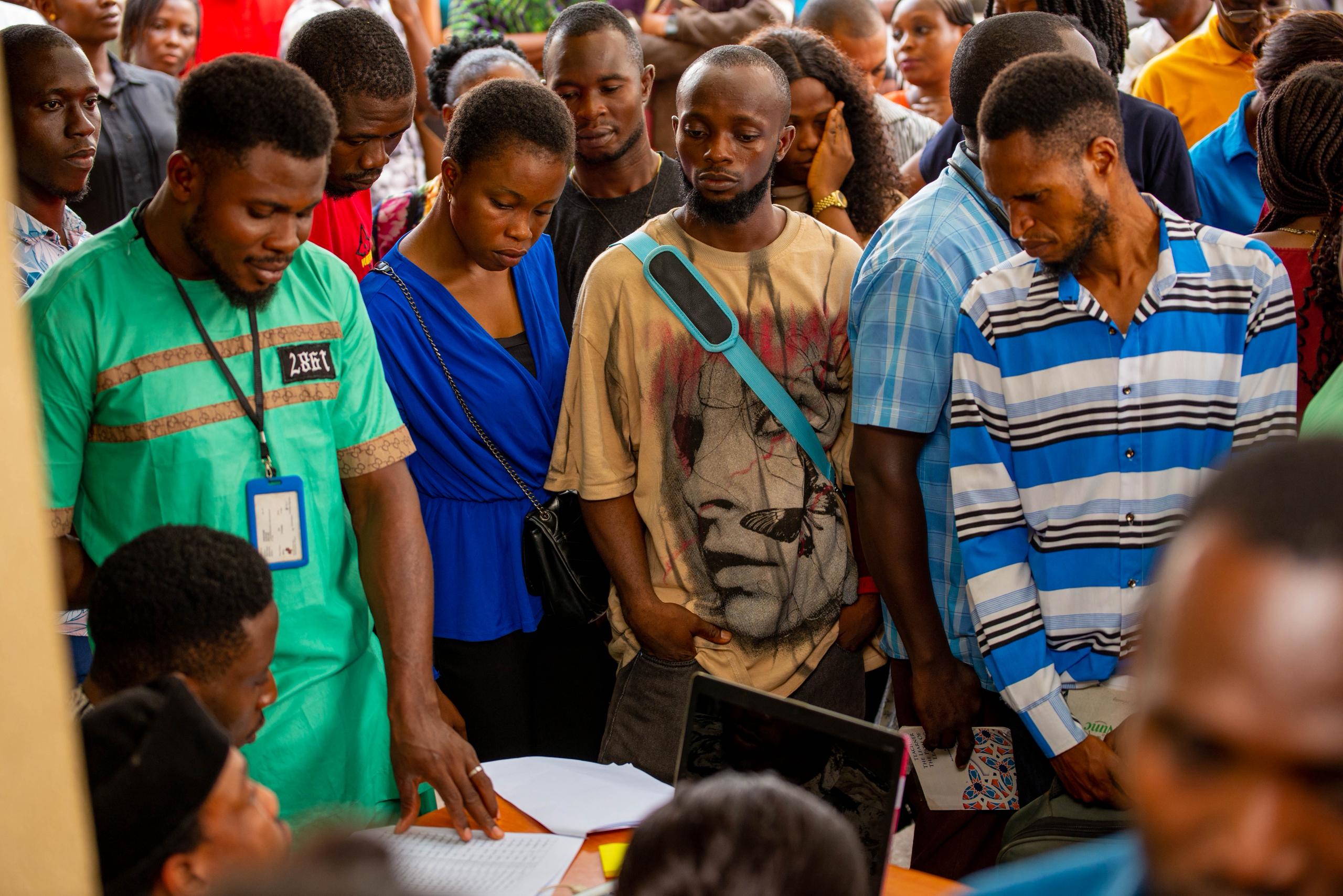The Lagos State Attorney-General and Commissioner for Justice, Mr Lawal Pedro (SAN), says a total of 4,753 victims of human trafficking were rescued and supported in the state between 2022 and 2024.
The News Agency of Nigeria (NAN) reports that the victims were supported through coordinated efforts by the state and the National Agency for the Prohibition of Trafficking in Persons.
Pedro said this on Thursday in Ikeja at the 2025 opening ceremony of the Africa Colloquium Against Human Trafficking, in partnership with Pepperdine University, California, United States of America.
The theme of the colloquium was: ” A United Front Against Ritual Abuse and Sacrifice.”
He said the achievement reflected Lagos State’s strong commitment to ending human trafficking and ritual-related crimes through enforcement, protection, and coordination.
He said the Lagos State Task Force Against Human Trafficking had worked tirelessly with relevant agencies and partners to provide counselling, psychosocial support, and rehabilitation for survivors, including minors and persons with disabilities.
He added that the state had expanded its shelters for rescued victims, trained 109 local government focal persons as community anti-trafficking advocates, and reached more than five million residents through statewide awareness campaigns.
Pedro highlighted that the state enacted the Lagos State Organ Harvesting Prohibition Law 2024, to criminalise organ trafficking and impose strict penalties on offenders, including medical professionals and criminal syndicates.
He noted that human trafficking had become a highly profitable transnational crime linked to organised criminal networks, generating illegal profits of about $236 billion annually.
“There is a need for African countries to unite in combating the menace.
“It is both our moral and continental obligation.
“Africa must rise not in rhetoric but in responsibility.
“Let history say that from Lagos in 2025, Africa took a stand and never turned back in the fight against human trafficking,” Pedro said.
Earlier, the Solicitor-General and Permanent Secretary, Lagos State Ministry of Justice, Mr Hameed Oyenuga, while welcoming delegates to the colloquium urged them to express commitment to collective action rather than rhetoric.
Oyenuga said the two-day event was designed to move participants from conversations to concrete commitments and coordinated actions across sectors to curb the growing menace.
He said human trafficking and ritual-related crimes were complex and deeply rooted in social, cultural and economic systems that made them difficult to detect and prosecute.
According to him, the crimes are sustained by transnational and local networks that pose grave risks to vulnerable populations.
Oyenuga said addressing them required not just criminal justice interventions but a collective responsibility involving investigators, prosecutors, lawmakers, researchers, faith leaders and international partners.
He emphasised that success in the fight against such crimes depended on collaboration beyond government boundaries.
Oyenuga urged participants to go beyond speeches and focus on developing structural frameworks, tools, partnerships, and resources to protect women, children, and young people from exploitation.
“Africa does not need new declarations.
“We need implementations and an Africa free system,” he said. (NAN)




